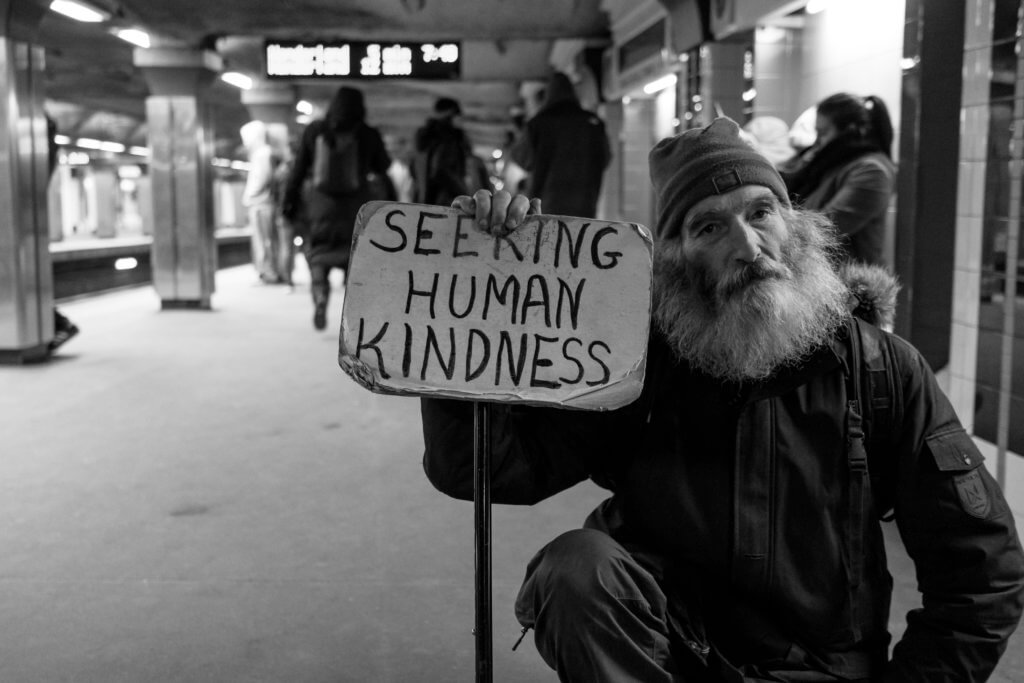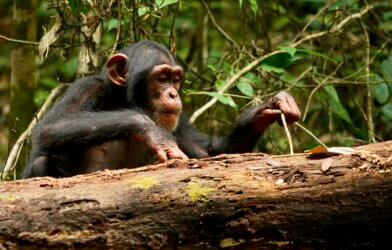We typically view going out of our way to help others as something we do out of the kindness of our hearts. But there’s just as much of a brain element to these altruistic decisions as well, and now researchers from the University of Birmingham and the University of Oxford have identified the pathway responsible.
“From holding open a door to volunteering for a charity, we often have to decide whether we can be bothered to put in effort to help other people out but the brain mechanisms behind these acts have remained elusive” says Dr Patricia Lockwood, first author on the paper, in a statement.
To start getting a closer look at the main neural driver of doing good deeds, the team conducted their work with 38 participants ages 18-35. Each person was asked to put forth effort in a decision-making task and to complete a questionnaire self-evaluating their empathy.
They made their decisions while partaking in an MRI scan that would be able to detect areas of the brain activated during the decision-making process, specifically when someone decided to stick to themselves instead of lend a hand. For each decision they were told whether they would be doing something for others, or just for themselves. If they decided to put forth effort, they had to squeeze a device designed to measure their grip strength hard enough to reach the threshold and get a reward. The rewards were dispersed in the form of money. As the numbers of points accumulated, they were converted into cash.
Using statistical analysis, the researchers were then able to identify brain patterns that were able to show how much effort a participant was willing to give. They found that an area of the brain called the anterior cingulate cortex gyrus (ACCg), which is located towards the front of the brain, wasn’t activated when making their own decisions or rewarding themselves. Further, ACCg was the only area that showed effort was being given when they decided to assist someone else.
These results align with the self-evaluations, since the people who considered themselves the most empathetic also had the most ACCg activity. This study provides valuable insight into effortful thinking about others, and the team hopes to further investigate this association in people with brain injuries or who have suffered strokes. They also plan to examine people who are antisocial and their willingness (or lack thereof) to come out of their shell to assist someone else.
“We have taken a step closer to understanding what drives some individuals, but not others, to perform what are often physically demanding decisions to help people,” says Lockwood.
This study is published in the journal Current Biology.












